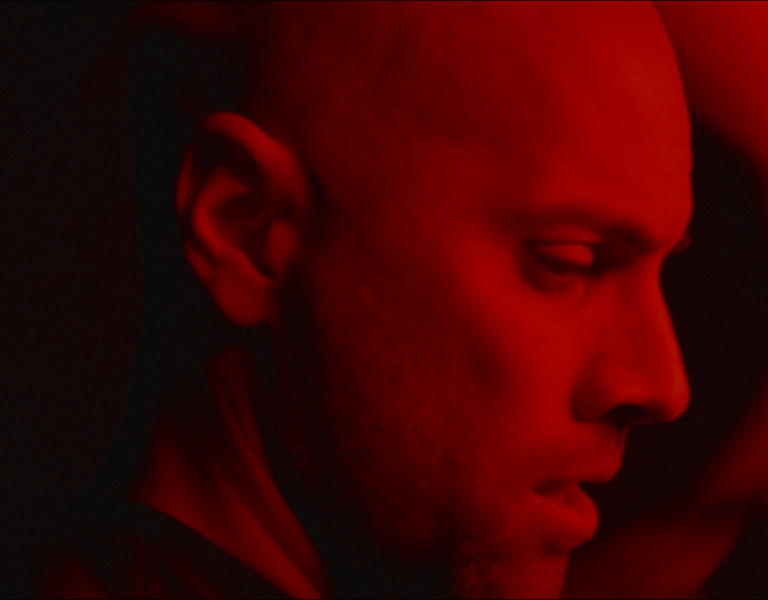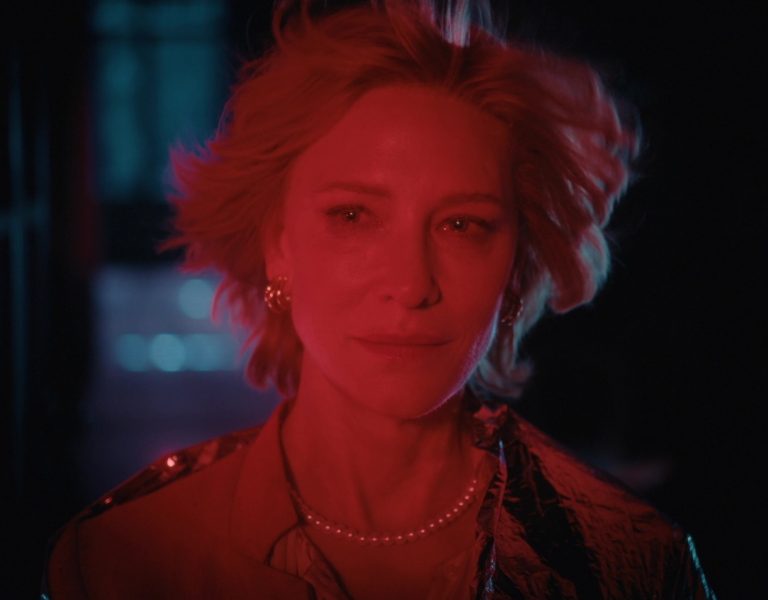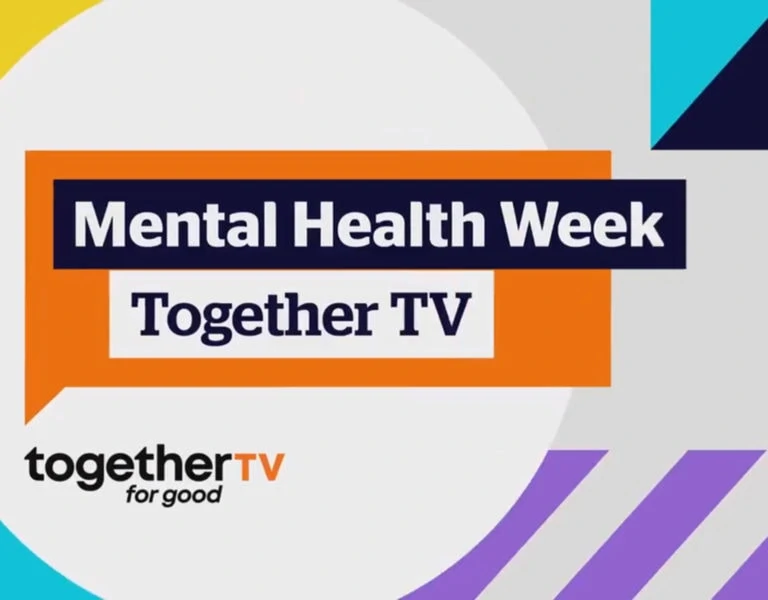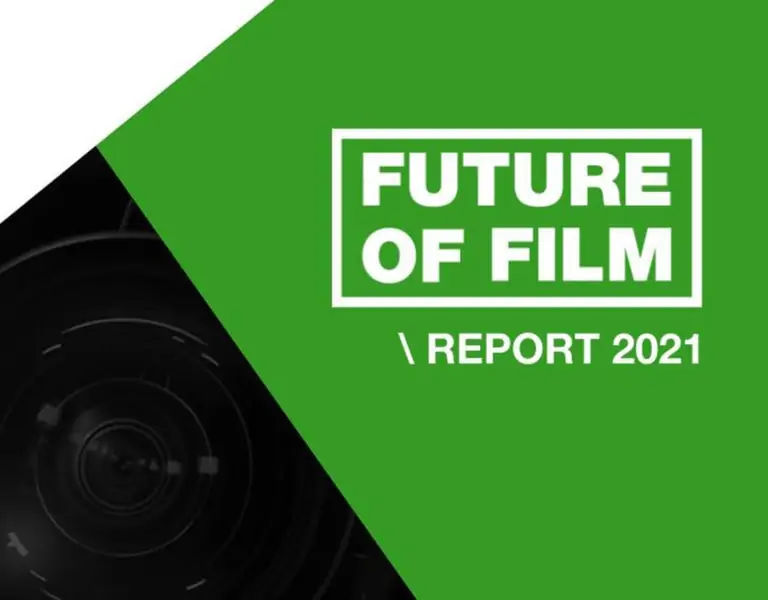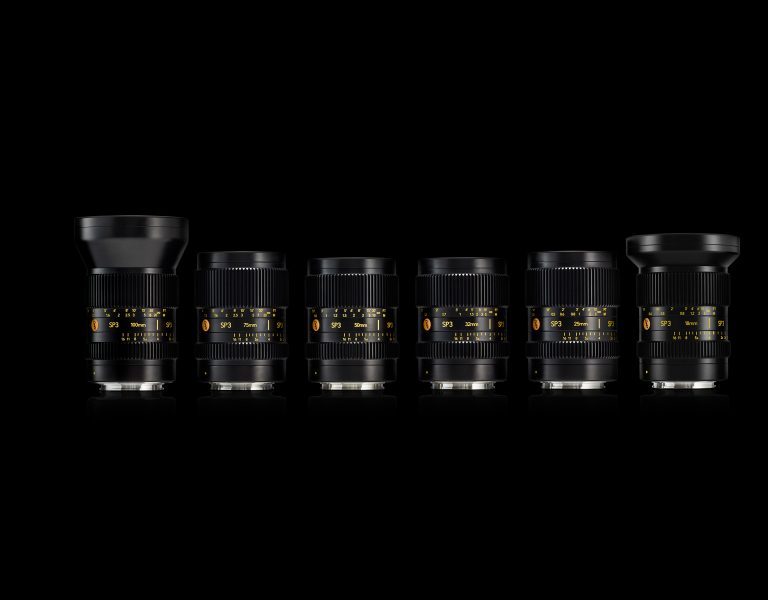Film and TV Charity’s Looking Glass report reveals mental health impact of pandemic
Feb 16, 2022
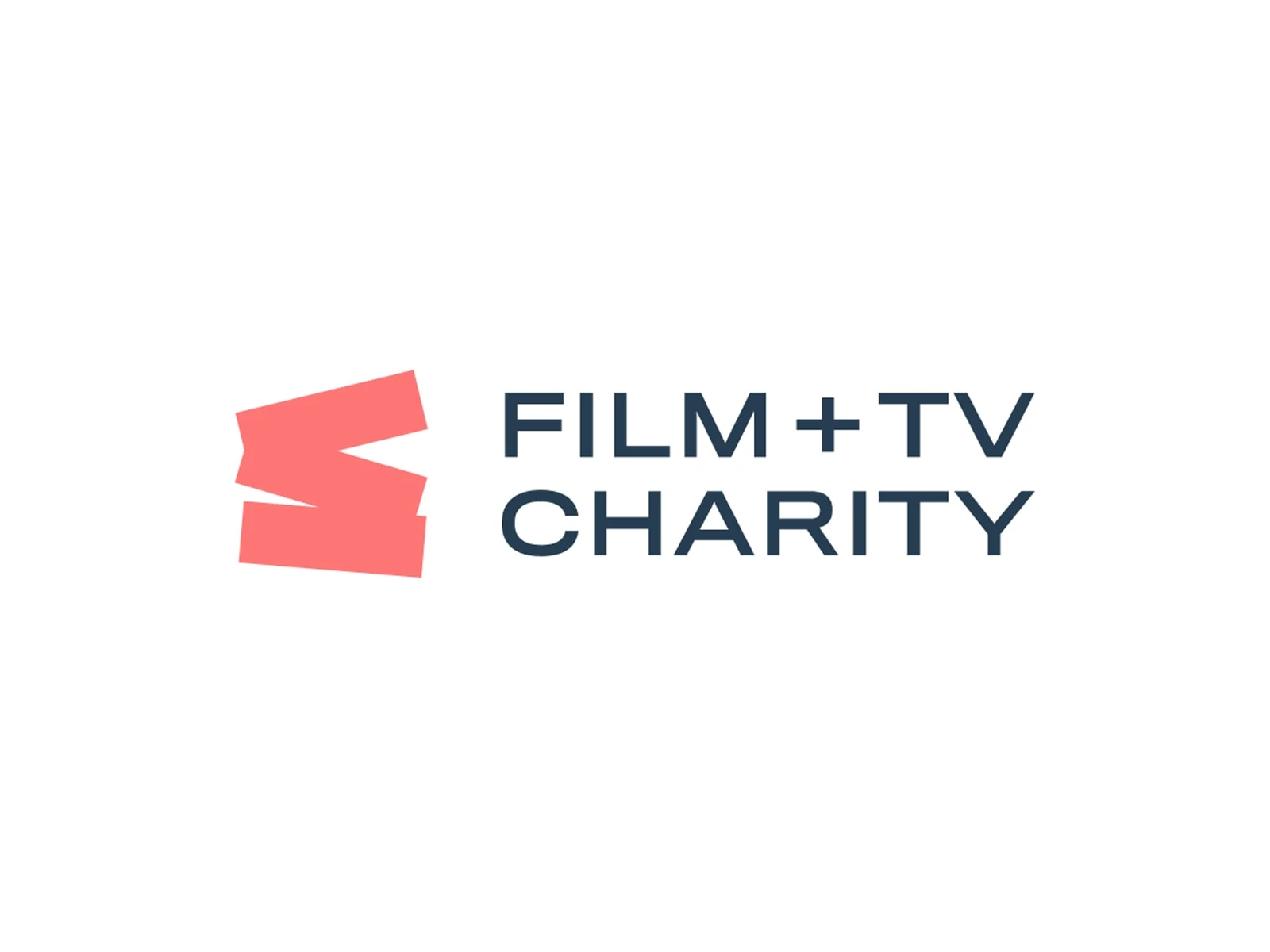
The Film and TV Charity’s 2019 Looking Glass research uncovered a “mental health crisis” in the industry, which had its roots in working conditions, culture, and a lack of support capability.
Two years later the research was re-run by their partners Brightpurpose in Summer 2021 to evaluate changes during Covid. Looking Glass ‘21 establishes baseline metrics for the start of what is hoped will be the industry’s long-term change, and adds new questions including in relation to the prevalence and mental health effects of racial harassment and discrimination.
At first glance the results are mildly encouraging: despite a global pandemic and the accompanying wellbeing and mental health impacts across society and in our industry, the headline wellbeing and mental health measures have stayed reasonably stable: the wellbeing score for the industry’s workforce is more or less the same, and the percentage saying their mental health is ‘good’ or ‘very good’ at the moment is also roughly the same. There is certainly an acknowledgement of the steps the industry has begun to take on mental health, and some optimism that the tide may be beginning to turn.
However, behind the headlines there is some tough reading. The production boom has brought opportunity but also even longer hours, with inevitable mental health impacts. 78% say that work intensity has negatively affected their mental health compared with 63% in the 2019 survey. Rapid and often premature promotion without adequate line management training has repercussions for the wellbeing of individuals and their teams; and nearly half (46%) say that working under the Covid protocols has negatively affected their mental health.
Bad behaviours abound or even flourish in this environment and it is alarming to find that the majority of respondents (57%) have experienced bullying, sexual harassment, racial harassment or discrimination, or other forms of harassment or discrimination in the past year. Four in 10 (39%) of Black, Asian and minority ethnic respondents had experienced racial harassment or discrimination (which like all forms of harassment and discrimination relating to a protected characteristic are illegal) – which had caused 43% of them to consider leaving the industry.
Another troubling finding is that 51% of respondents now say that culture and values are having a negative impact on mental health compared with 29% in 2019. In this context it’s perhaps not surprising that only 10% of respondents agree that the industry is currently a mentally healthy place to work.
At a time when production is rocketing and people are desperately needed, the risk of a ‘leaky bucket’ is very real. In 2019 we found that 63% had ever considered leaving the industry due to mental health concerns, but the 2021 data show that 65% had considered leaving in the past year; and that this rose to a shocking 74% of disabled respondents.
Notes of hope do exist, and most of those interviewed for the research did believe that things would improve. Conversations are beginning and mental health is now firmly on the industry’s agenda. But change comes from action – not just words. The workforce is certainly wary of PR gestures and ‘mental health washing’. All of us need to follow through on the commitments we have made, to demonstrate tangible change.
Read the full Looking Glass Report results by clicking here.


